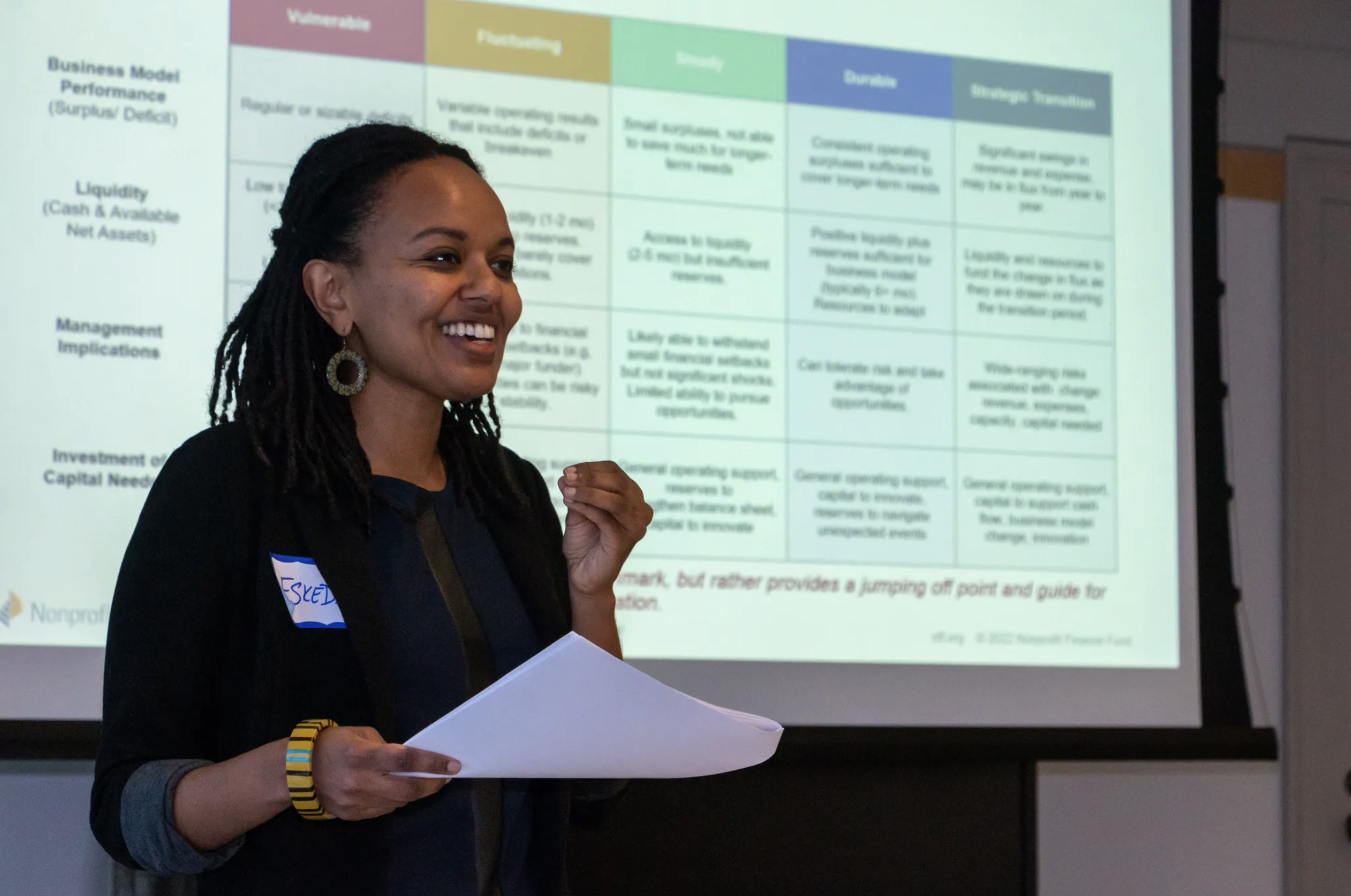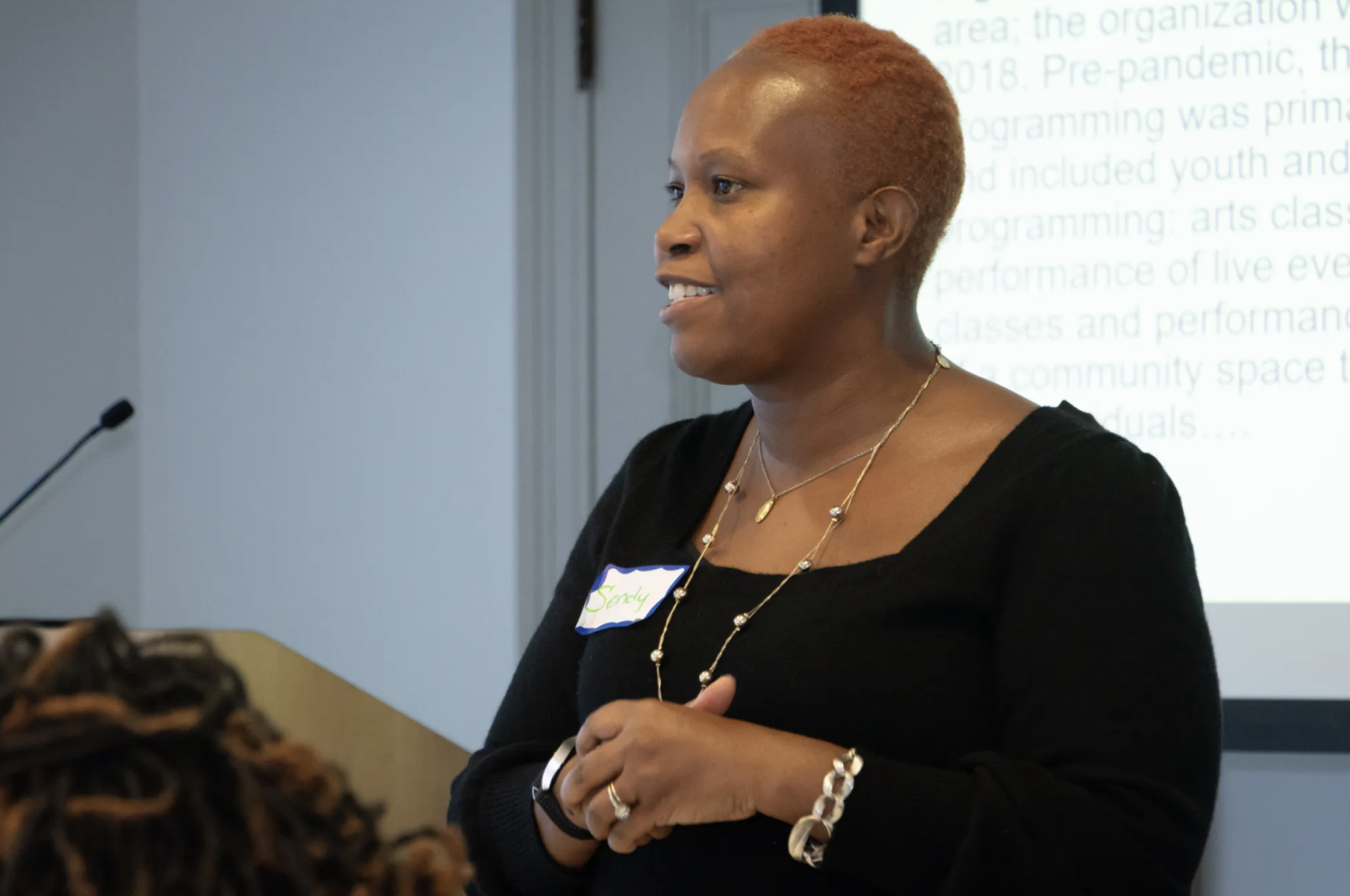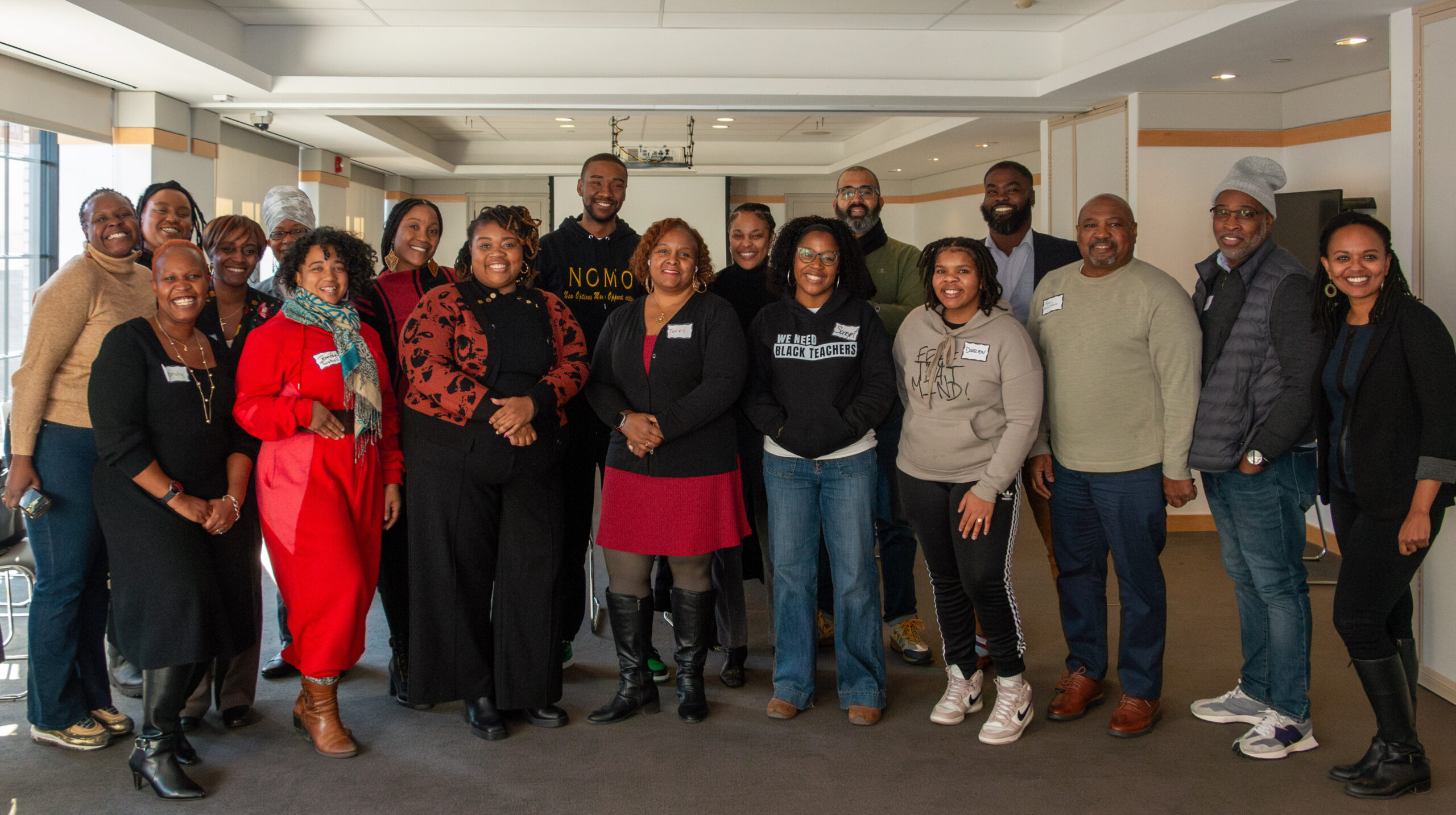In its first four years, Black Nonprofit Chief Executives of Philadelphia (BNCEP) has grown from two dozen to nearly 200 members. It serves as a platform for exchanging ideas, building networks, and fostering solidarity and assistance among Black nonprofit leaders.
In 2023 NFF partnered with the United Way of Greater Philadelphia and Southern New Jersey (UWGPSNJ) Center for Leadership Equity to provide a Finance Academy for BNCEP members, covering topics like financial storytelling, stakeholder and board engagement, linking money to mission, and a “table talk” to unpack topics of interest, including sharing strategies to address systemic barriers to financial management. “The Center for Leadership Equity believes that in order to achieve regional equity in nonprofit leadership, investments must be made where disinvestment has occurred,” says Kelly Woodland, BNCEP Co-founder and Managing Director, Leadership Equity, UWGPSNJ.
The convenings benefited leaders in many ways, says Kelly Woodland, BNCEP Co-founder and Managing Director, Leadership Equity, UWGPSNJ.
“The Finance Academy provided an opportunity for Black nonprofit leaders to exchange learnings and insights while also building strong connections. This professional development programming leveraged everyone’s experiences in developing the whole leader. Black nonprofit leaders are not a market; we are a community.”

Tailored solutions
Black nonprofit leaders can face unique challenges in navigating dynamics with staff, the board, and funders – especially Black executive directors at historically white-led organizations. With these realities in mind, NFF financial consultants Eskedar Getahun and Sendy Alcidonis tailored convenings to address organizations’ unique needs.
“NFF’s coaching and consulting present a way of thinking about financial management, but every nonprofit’s situation is different,” Getahun says. “Knowing the local context and the challenges leaders face, we customize our tools and trainings to meet leaders’ unique needs and build a more connected cohort overall.”

Eskedar Getahun, Consultant, Consulting

Sendy Alcidonis, Director, Consulting
Building local power
Meeting in-person at the Free Library of Philadelphia, participants were able to share experiences and learn from one another in an inclusive community.
“These leaders are often expected to filter certain aspects of their experience, particularly experiences that connect to how race shows up in navigating the world around them,” Alcidonis reflects. “This was a rare space where people could talk openly and be their full selves. We didn’t have to filter words and experiences in the same way.”
Spaces like these are essential for building trust and community among Philadelphia’s nonprofit leaders, which contribute to building wealth and assets in local communities.
Dive Deeper into Philadelphia Nonprofits
Philadelphia nonprofits provide essential support, employ over 700,000 residents, and collectively bring in more than $90 billion in revenue to build community wealth and well-being. Yet intentional disinvestment and economic exclusion have created inequitable realities for Philadelphia nonprofits serving communities of color. Addressing these disparities starts with relationship-building, according to Black nonprofit leaders interviewed for Philadelphia’s Reflecting Forward report. “One of the key recommendations for regional funders can be summarized as simply ‘get to know us,’” one leader reflected. Read the full report from the United Way. (PDF)
Learn more about partnering with NFF to support community-led solutions.

